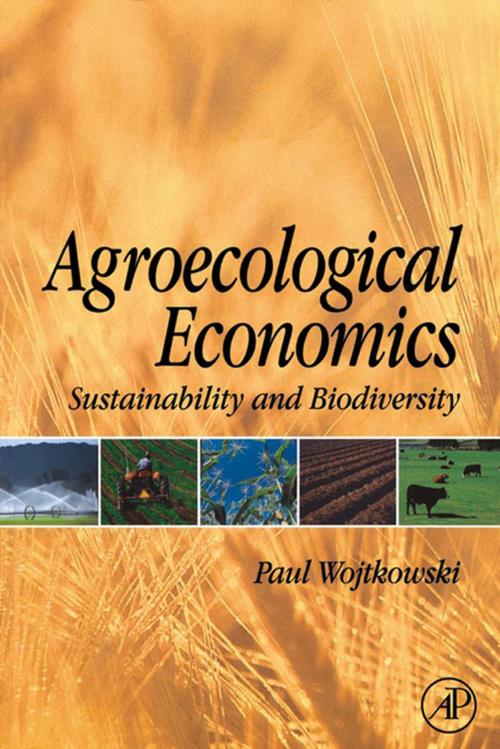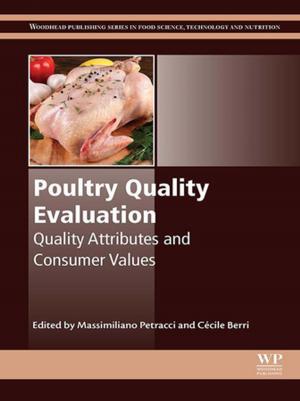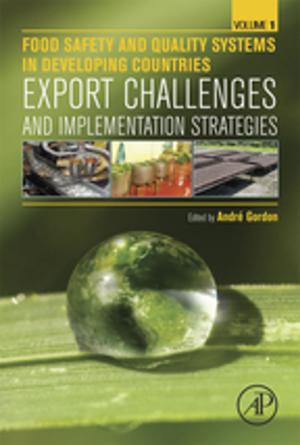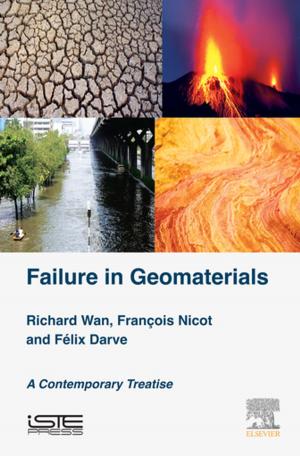Agroecological Economics
Sustainability and Biodiversity
Nonfiction, Science & Nature, Technology, Agriculture & Animal Husbandry, Business & Finance, Industries & Professions, Industries| Author: | Paul Wojtkowski | ISBN: | 9780080557823 |
| Publisher: | Elsevier Science | Publication: | July 28, 2010 |
| Imprint: | Academic Press | Language: | English |
| Author: | Paul Wojtkowski |
| ISBN: | 9780080557823 |
| Publisher: | Elsevier Science |
| Publication: | July 28, 2010 |
| Imprint: | Academic Press |
| Language: | English |
Agroecology is the science of applying ecological concepts and principles to the design, development, and management of sustainable agricultural systems. Agroecological economics, a subsection of agricultural economics, evaluates the ecological consequences of agricultural methods on the economic scale. Agroecological economics considers green engineering as a means of measurement.
As the environmental movement unfolds, the importance of biodiversity and long-term sustainability are indisputable. Progress depends on determining the economic viability of terrestrial agroecosystems. What is lacking is the analysis needed to bring biodiverse and sustainable systems to fruition. Agroecological Economics analyzes the current topics that must be addressed in order to provide sustainable agricultural systems. It explains the economics of land-use ecology with emphasis on changing over from a conventional model of agriculture to environmentally- and ecologically-friendly models and the financial incentives that are important to these practices.
* Analyzes agricultural solutions with economic testing
* Includes a complete analysis of recent biodiversity-based research with valuable new economic methodologies
* Provides various applications to mitigate the problems which have economic and ecological effects on agroecosystems
* Offers applications of ecologically-sound land-use practices in production and manufacturing
Agroecology is the science of applying ecological concepts and principles to the design, development, and management of sustainable agricultural systems. Agroecological economics, a subsection of agricultural economics, evaluates the ecological consequences of agricultural methods on the economic scale. Agroecological economics considers green engineering as a means of measurement.
As the environmental movement unfolds, the importance of biodiversity and long-term sustainability are indisputable. Progress depends on determining the economic viability of terrestrial agroecosystems. What is lacking is the analysis needed to bring biodiverse and sustainable systems to fruition. Agroecological Economics analyzes the current topics that must be addressed in order to provide sustainable agricultural systems. It explains the economics of land-use ecology with emphasis on changing over from a conventional model of agriculture to environmentally- and ecologically-friendly models and the financial incentives that are important to these practices.
* Analyzes agricultural solutions with economic testing
* Includes a complete analysis of recent biodiversity-based research with valuable new economic methodologies
* Provides various applications to mitigate the problems which have economic and ecological effects on agroecosystems
* Offers applications of ecologically-sound land-use practices in production and manufacturing















